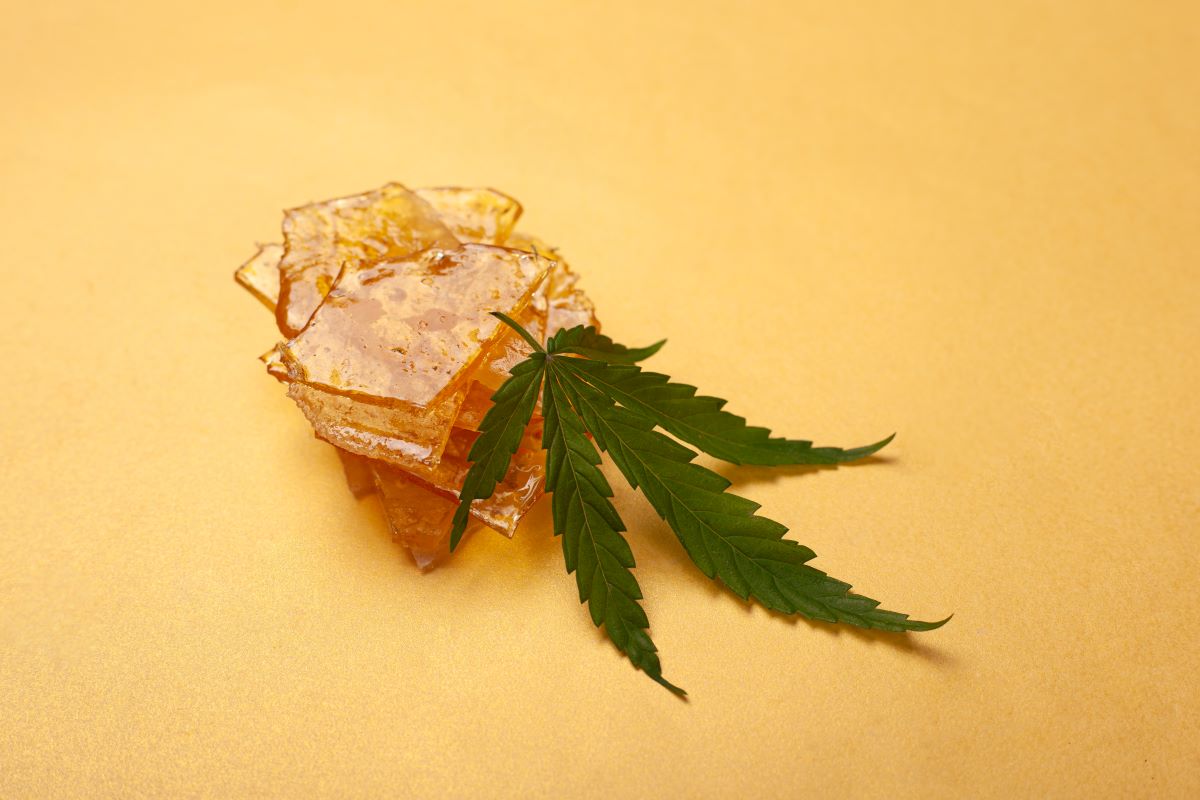SHOP SMOKING
OUR ONLINE SHOP HAS ARRIVED
DISCOVER OUR SWEATSHIRTS, T-SHIRTS WITH EXCLUSIVE DESIGNS AND MUCH MORE
SHOP SMOKING
OUR ONLINE SHOP HAS ARRIVED
DISCOVER OUR SWEATSHIRTS, T-SHIRTS WITH EXCLUSIVE DESIGNS AND MUCH MORE

Have you ever asked yourself what cannabis concentrates are? Well, here is a basic definition: they are trichome extracts from marijuana and have a high concentration of THC.
A little technical, right? It is much easier to understand if we explain a few parts of the cannabis plant.
These plants have a type of fungus like thin hair that covers them. You can see them with the naked eye! These are called trichomes.
Among their functions, they produce cannabinoids from the plant, which is why they have so much THC.
If we extract the trichomes using any of the multiple processes available to us, we can produce the cannabis concentrate in question, which in practice is the separation of these components in order to enjoy the full potential of their THC.
Contents
Just as when you have to choose your Smoking rolling papers, tips or cones, there is a wide selection to choose from, all kinds of different types based on their production processes and materials.
The given name will be subject to what the final product actually is:
However, the extraction process used is what differentiates them all, mainly into two main categories: concentrates with and without solvents.
Solventless cannabis concentrates are those obtained through processes that do not use solvents.
Examples:
Cannabis solvent concentrates are those that use one of the following solvents for the trichome extraction process:
Solvents are elements that facilitate the separation of trichomes from the plant itself, making the process quicker, simpler, and more effective.
The problem with solvent concentrates is that they usually require expensive equipment and also use potentially harmful substances, if not handled with care.
There is a surprising number of processes available to produce cannabis concentrates. These are the most common:
As you can see, each process produces a different type of cannabis concentrate which, among other things, all have their own unique appearance.
